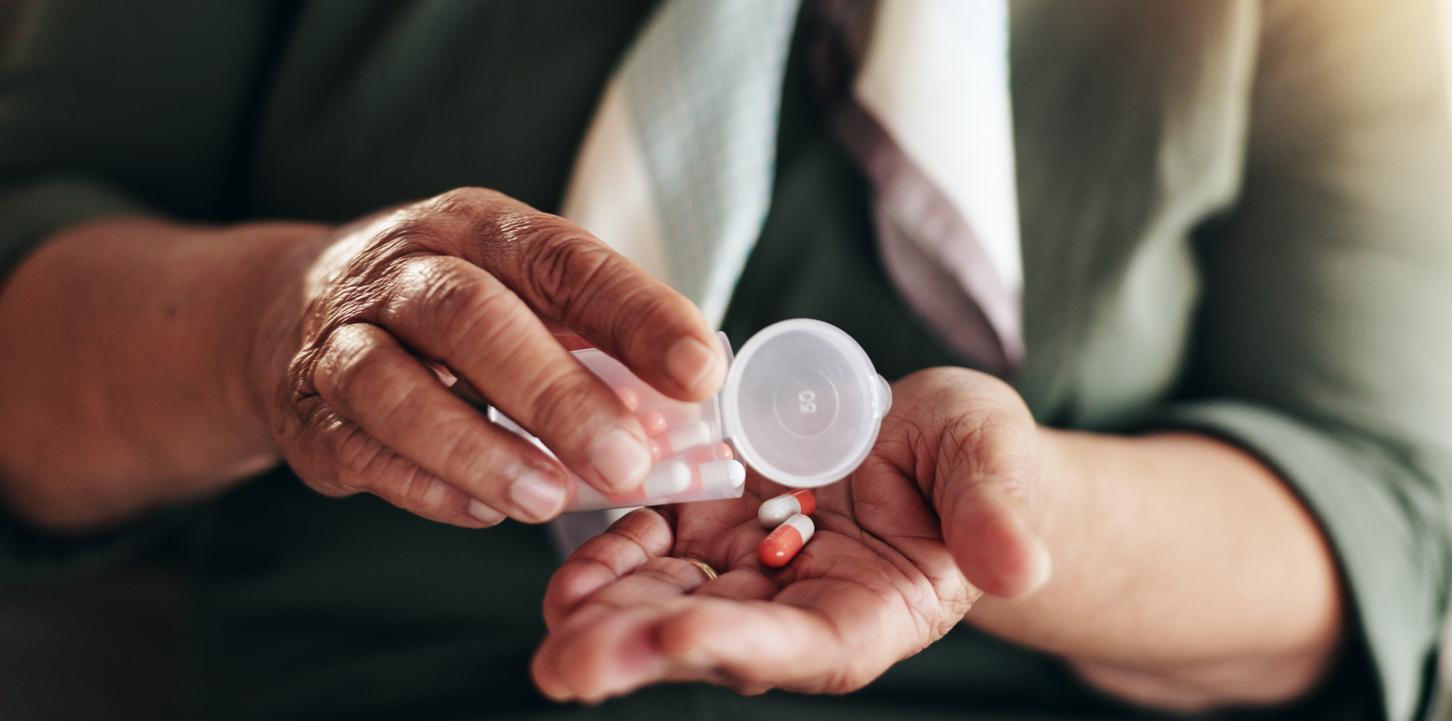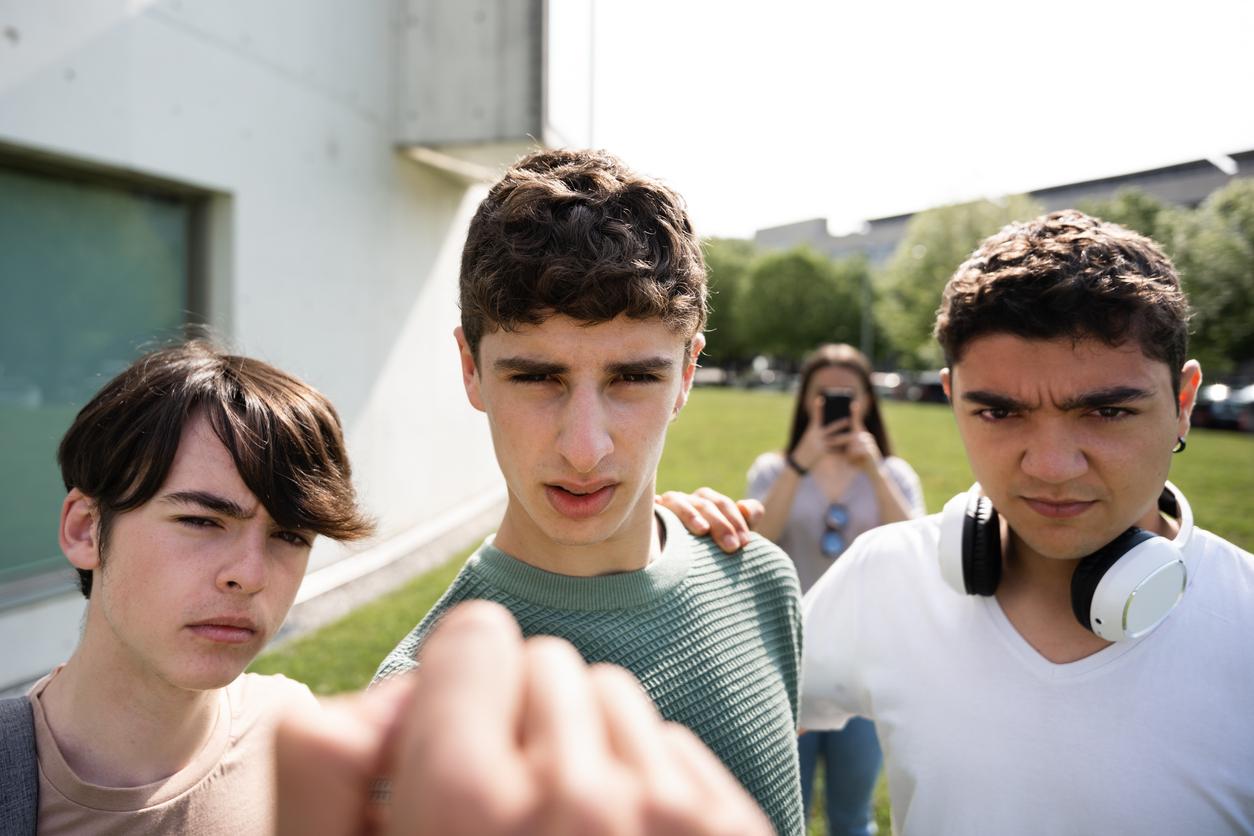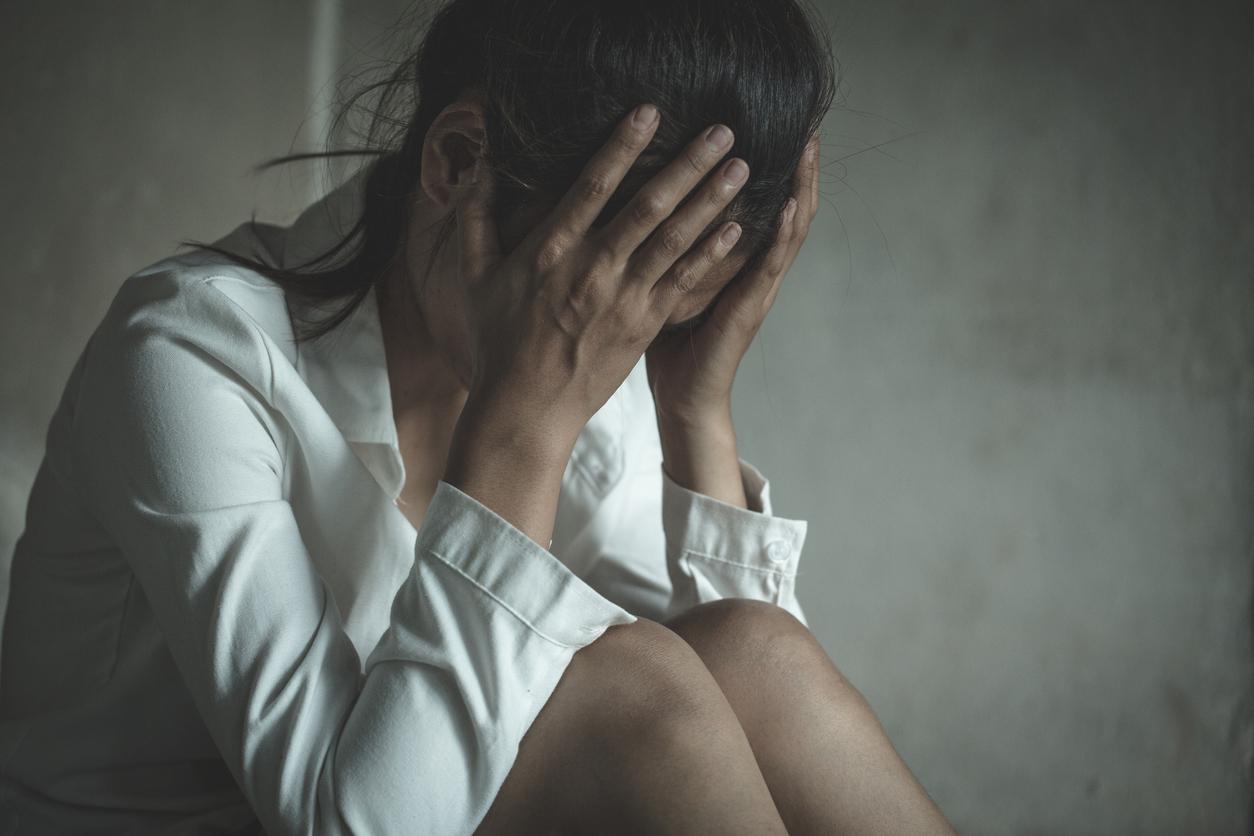The High Council for Equality issues proposals for a fairer condemnation of rape. Nearly 100,000 are said to be committed each year in France.

The figures are staggering. In a notice made public this Wednesdayi, and handed over to the Minister for Women’s Rights Laurence Rossignol, the High Council for Equality between Women and Men (HCE) records nearly 100,000 rapes each year in France. 84,000 women between the ages of 18 and 75 and exactly 14,000 men claim to have been victims of rape or attempted rape in one year.
Victims who very often will not be heard. In fact, only 10,461 complaints from women and 1,655 complaints from men were lodged. And worse, less than 1,100 have been convicted (765 men over 15, 304 men under 15 and six women). An alarming finding that worries the HCE. He even deplores a “great social tolerance” of rape which can enhance the “culture of rapists” and leaves the responsibility on the victims.
In addition, he regrets the insufficient listening to which women and children are victims, in particular because the professionals are not sufficiently trained to welcome them, protect them and support them in an appropriate manner.
Too many sexist stereotypes
To understand this phenomenon, the HCE explains that rape is still surrounded by “too many sexist stereotypes”. Thus, he recalls that women are still widely considered to be responsible for the sexual violence they suffer. “Attempts to justify rape by behaviors deemed” at risk “are legion:” she wore an enticing outfit “,” she walked alone at night “,” she agreed to have a drink, which stirred up sexual desire of the aggressor “”.
To fight against this, it issues 12 recommendations for a “fairer societal and judicial condemnation” of this crime. They revolve around five essential levers: raising awareness in society; training of professionals; reception, protection and support for victims; judicial treatment; education and protection of young people.
HCE’s proposals
As concrete measures, the HCE is proposing the launch of the 1st government awareness campaign devoted to rape, or even the effective implementation of sexuality education in schools. In this regard, he underlines that these measures are complementary to the promotion of the national line 39 19, an anonymous and free telephone number for all victims of violence against women.
In addition, questioned by the fact that 59% of victims of rape and attempted rape, were for the 1time times before they turn 18, and that in the current state of the law judges must have to characterize the lack of consent, including in children, the HCE recommends the establishment of an age threshold – 13 years – in below which minors are presumed not to have consented to a sexual act with an adult.
Finally, the HCE winks at journalists, hoping for the development of partnerships with schools of journalism and editorial staff to draw up educational charters relating to the media treatment of violence against women.
.

















